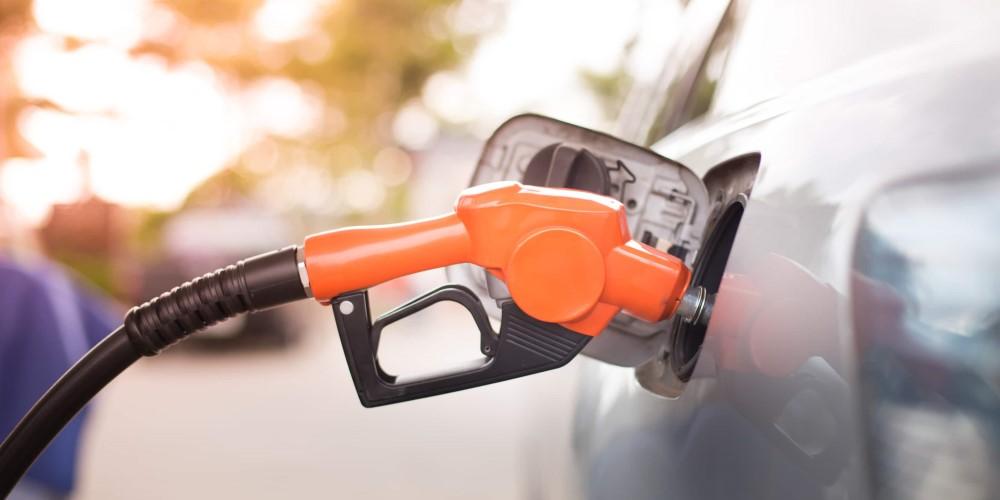
Petrol and diesel cars: what to buy?
Content
If you're buying a used car, you'll need to decide which type of fuel best suits your needs. While there are more hybrid and electric options than ever, petrol and diesel vehicles still make up the majority of used vehicles on sale. But which one to choose? Here is our serious guide.
What are the benefits of gasoline?
The lowest price
Gasoline is cheaper at gas stations than diesel. Fill up the tank and you'll be paying about 2d less per liter for petrol than for diesel. It may be a savings of just £1 on a 50 liter tank, but you will notice the difference within a year.
Better for short trips
If you're looking for an inexpensive, serious car to take your kids to school, do your weekly grocery shopping, or make regular short trips around town, a gas-powered car might be a great option. Today's small gasoline engines, boosted by turbocharging, can be both responsive and economical.
Less local air pollution
Gasoline engines operate differently than diesel engines and one of the side effects is that they typically produce much less particulate matter. These are different from CO2 emissions, which are linked to climate change: particulate matter emissions contribute to localized air pollution, which is linked to respiratory and other health problems, especially in urban areas.
Gasoline cars are usually quieter
Despite advances in diesel engine technology, gasoline-powered vehicles still run smoother and quieter than diesel engines. Again, this is because they work a little differently, so you hear less noise and feel less vibration inside a gas car, especially when you've just started it up from the cold.
What are the disadvantages of gasoline?
Gasoline vehicles tend to be less fuel efficient than diesel vehicles.
You may pay less per liter of petrol than diesel, but you end up using more of it. This is especially true on long trips at higher average speeds, when diesel engines are at their most efficient.
This probably won't register if your only long-distance car trip is the annual 200-mile round trip to see relatives, but if long motorway trips are a common occurrence in your life, you'll probably spend a lot more. for fuel with a gasoline car.
Higher CO2 emissions
Gasoline vehicles emit more carbon dioxide (CO2) from their tailpipes than similar diesel vehicles, and CO2 is one of the main "greenhouse gases" associated with climate change.
This higher CO2 emissions also means you're likely to pay more taxes on petrol cars registered before April 2017. Until that date, the government used CO2 emissions to calculate the car's annual road fund license (more commonly referred to as "road tax"). This means cars with lower CO2 emissions – typically diesel and hybrid – are taxed less.
What are the advantages of a diesel?
Better for long trips and towing
Diesels provide more power at lower engine speeds than their gasoline equivalents. This makes diesels feel more suited to long motorway trips because they don't work as hard as gasoline engines to deliver the same performance. It also helps make diesel vehicles more suitable for towing.
Better fuel economy
For example, diesel cars give you more mpg than gasoline cars. The reason is that diesel fuel contains more energy than the same volume of gasoline. The difference can be quite large: it's not uncommon for a diesel engine to have an official average figure of around 70 mpg, compared to around 50 mpg for an equivalent petrol model.
Reduced CO2 emissions
CO2 emissions are directly related to how much fuel an engine uses, so diesel vehicles emit less CO2 than equivalent gasoline vehicles.
What are the disadvantages of a diesel?
Diesel is more expensive to buy
Diesel vehicles are more expensive than their gasoline equivalents, in part because modern diesel vehicles are equipped with sophisticated technology that reduces particulate emissions.
May lead to poor air quality
Nitrogen oxides (NOx) emitted by older diesel engines are linked to poor air quality, breathing difficulties and other health problems in communities.
Diesels don't like short trips
Most modern diesel vehicles have an exhaust feature called a diesel particulate filter (DPF) that reduces emissions of harmful particulate matter. The engine must reach a certain temperature for the particulate filter to work effectively, so if you tend to make many short trips at low speed, the particulate filter can become blocked and cause related engine problems that can be costly to fix.
Which is better?
The answer depends on the number and type of miles you cover. Drivers who cover most of their mileage on a few short city trips should opt for petrol over diesel. If you make a lot of long trips or motorway miles, a diesel might be a better option.
In the long term, the government plans to end sales of new gasoline and diesel vehicles from 2030 to encourage buyers to buy low-emission hybrid and electric vehicles. Currently, used petrol and diesel vehicles offer a huge selection of models and higher efficiency, so either one can be a smart choice, depending on your needs.
Cazoo offers a wide range of high quality used vehicles. Use the search function to find the one you like, buy it online and have it delivered to your door or pick it up at your nearest Cazoo customer service center.
We are constantly updating and expanding our range. If you can't find one today, check back soon to see what's available, or set up a stock alert to be the first to know when we have cars that match your needs.